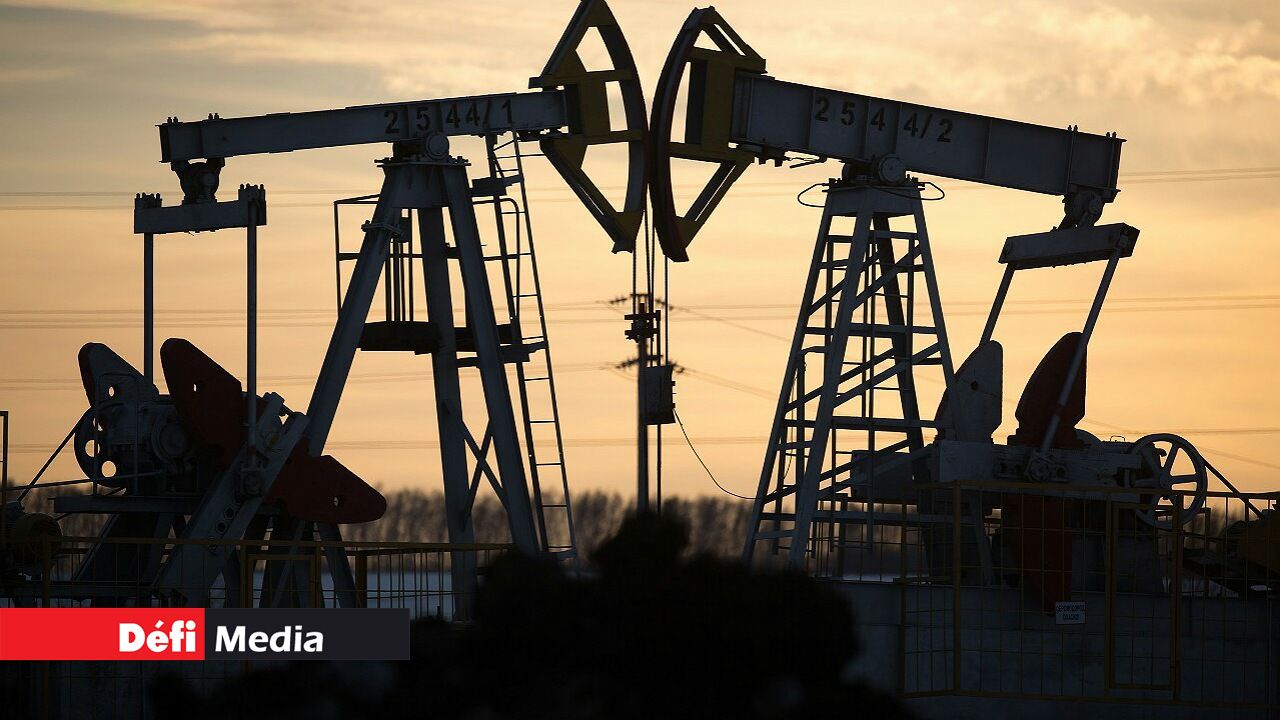Oil Drops Over 7% After Iranian Attack on US Military Base

Oil prices plummeted on Monday following Iran's attack on a US base in Qatar, as traders expressed relief after initially anticipating heavier retaliation.
The price of American WTI crude fell by 7.22% to $68.51 a barrel, returning to levels seen before the initial Israeli strikes in Iran on June 13.
Brent crude, the global benchmark, dropped by 7.18% to $72.07 a barrel, also reaching prices not seen in ten days.
Iran claimed that six of its missiles struck the US base in Qatar in retaliation for Sunday’s US strikes on its nuclear facilities, according to state media.
"This is a military target, apparently located outside any population center, and it seems that oil infrastructure is not affected," commented John Kilduff from Again Capital to AFP.
According to the analyst, rather than marking a new escalation, the market views it as "a face-saving measure by the Iranians."
Several media outlets reported that Iran's Supreme National Security Council stated it launched as many missiles as the number of bombs used by the US.
For now, "it is clear that this has no impact" on the Strait of Hormuz, which connects the Persian Gulf to the Gulf of Oman and through which 20% of the world's oil passes, noted John Kilduff.
This passage is particularly vulnerable due to its narrow width, about 50 kilometers, and a depth that does not exceed 60 meters.
A closure would represent an "absolute nightmare" that would spike prices, according to Arne Lohmann Rasmussen, an analyst at Global Risk Management.
In the event of a blockade, the price of American crude could "exceed $100 a barrel," which is $30 more than this Monday, emphasized Ipek Ozkardeskaya, an analyst at Swissquote Bank.
However, Iran has no interest in obstructing tanker passage and thereby depriving itself of oil exports, according to John Kilduff.
The analyst noted that Tehran "will need its petrodollars to support the reconstruction of its infrastructure" following the American and Israeli strikes.
Iran is the ninth-largest producer in the world, with a production of 3.3 million barrels per day.



